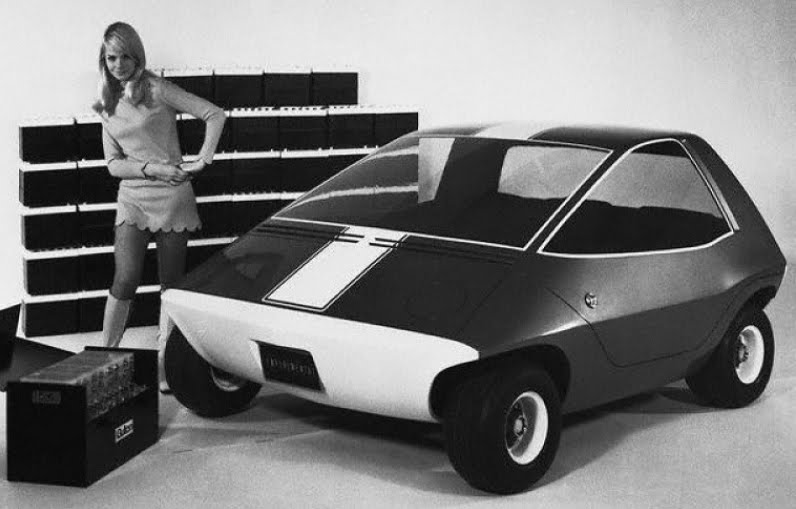I would love to know if Elon Musk originally viewed Tesla as solely an automaker and realized he had another business, maybe a better one, selling batteries consumers could use to power their homes when some began to repurpose them to do just that.
Electric cars often need power stations between points A and B, houses and commercial buildings don’t have that challenge, and while the company still has plenty of near-term challenges, a developing non-mobile market could ultimately be gigantic. And that’s a market that Tesla has now fully dived into. The opening of Klint Finley’s astute Wired piece labeling Tesla as primarily a battery company:
TESLA IS ADMIRED for building the cars of the future. But it’s not really a car company. It’s a battery company that happens to make electric cars.
At least, that’s the trajectory suggested by the news that Tesla will soon sell mega-batteries for homes and electric utility companies. CEO Elon Musk mentioned the possibility during an earnings call last February, and the plan was reportedly confirmed in an investor letter revealed yesterday. The official announcement is set to come next week.
Selling batteries for homes, businesses, and utilities may seem like a departure for a car company. But for Tesla, it makes perfect sense. An electric car is only as green as the electrical grid that powers it. And if Tesla’s batteries become widespread, they could help utilities take better advantage of inconsistent renewable energy sources like wind and solar. As demand for renewables rises, whether through regulatory mandate or consumer desire, so would utilities’ demand for batteries that could help maintain a consistent flow—a demand Tesla is well-positioned to meet.•




